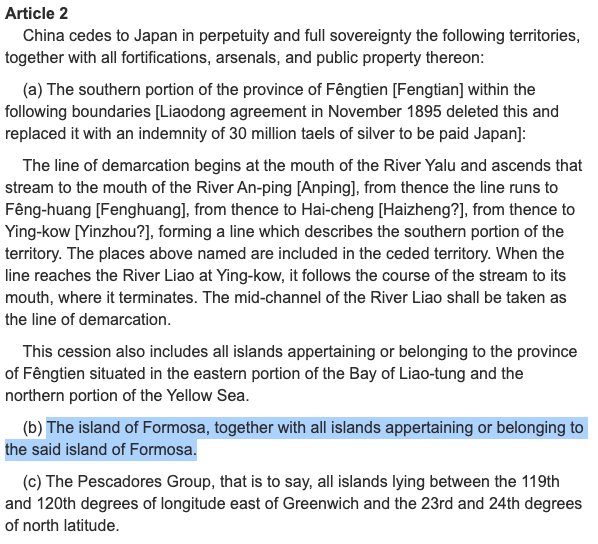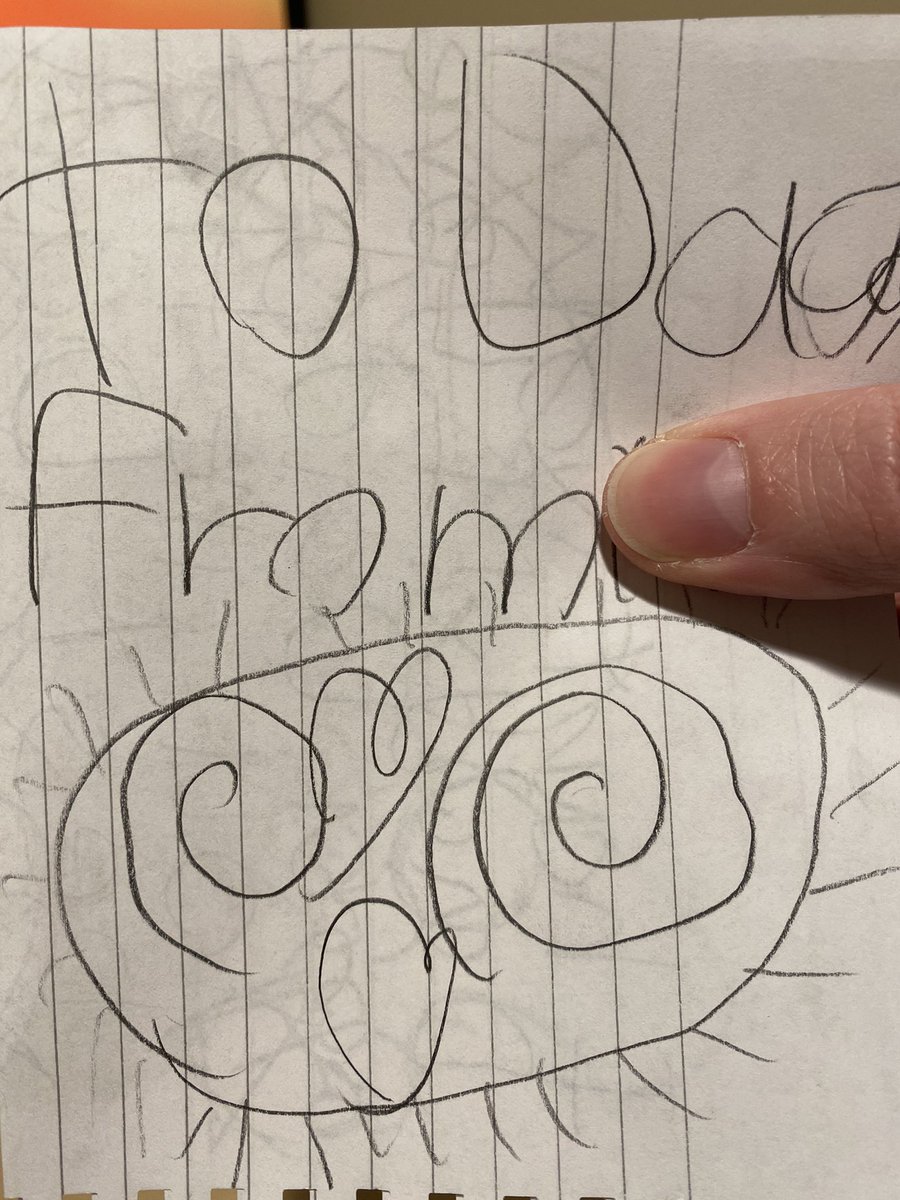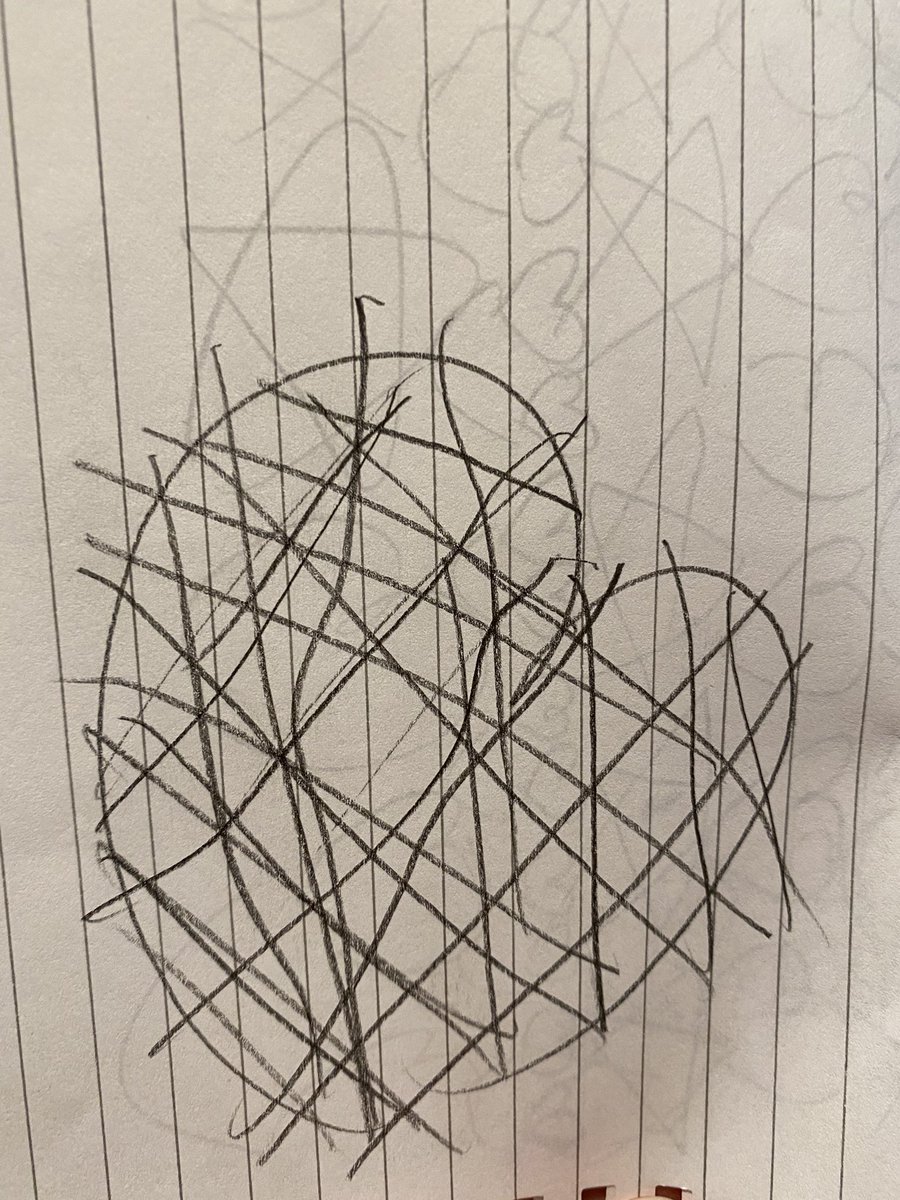
THREAD. Ok, folks. Sit back & strap in. Let's take a ride through history as we explore the US position on Taiwan's status, shall we? (Note: as inspiring as I may find @pptsapper's work, I've yet to have lunch, so this history will be entirely sober. Please accept my apologies.)
Our first stop: May 8, 1895. On that day, the Treaty of Shimonoseki, which ended the Sino-Japanese War, comes into force. In the treaty, China ceded "Formosa" (among other things) to Japan. Stick a pin in this; we'll be back. 

Fast forward to August 17, 1945, when Douglas MacArthur, Supreme Commander for the Allied Powers, issues General Order No. 1. Note how Formosa is listed as something apart from China. In October, US naval vessels ferried ROC troops to Taiwan to accept the surrender of JPN forces. 

Why is this important? From the US perspective, ROC forces went to Taiwan after the war's conclusion because MacArthur ordered them there to accept the Japanese surrender--not to reclaim lost territory.
Before our next stop, recall the Treaty of Shimonoseki. Under international law, third parties are not typically bound by the terms of treaties to which they are not party--except as pertains to territorial dispositions.
Legally speaking, then, Japanese sovereignty over Taiwan was not disputed in the international arena in the decades following the Treaty of Shimonoseki, and Japan continued to exercise legal sovereignty over Taiwan through WWII. (Whether this was just is another matter.)
Now on to our next stop: September 8, 1945. The Treaty of Peace with Japan (commonly referred to as the Treaty of San Francisco) is signed. Today, the Treaty of San Francisco is the only standing, legally binding agreement that made a territorial disposition with respect to TW.
What did the Treaty of San Francisco say? "Japan renounces all right, title and claim to Formosa and the Pescadores." 

What didn't the Treaty of San Francisco say? It did not *transfer* "all right title and claim to Formosa and the Pescadores" to any other party.
I want to emphasize this: When Japan gave up sovereignty over Taiwan and the Pescadores, that sovereignty did not "pass" to China.
I want to emphasize this: When Japan gave up sovereignty over Taiwan and the Pescadores, that sovereignty did not "pass" to China.
This is the fundamental reason why the US considers Taiwan's status as undetermined--a position that precedes the three communiques, the Taiwan Relations Act, and the Six Assurances by decades.
But why stop our journey here?
But why stop our journey here?
You may be thinking to yourself, but what about the ROC-Japan peace treaty (the ROC was not a party to the Treaty of SF). Well, friend, I've got you covered.
April 28, 1952: Japan and the ROC sign their Treaty of Peace in Taipei. What does it say? It "recognized" Japan's renunciation of Taiwan made in the Treaty of SF and says nothing further on the topic of sovereignty over Taiwan. 

Hey, what about the Cairo Declaration? And the Potsdam Declaration? Let's dispel with those quickly, shall we? Reminder: my interest here is in the *US* position. Let's head over to Feb 3, 1961, when a State Dept. official submits a memo regarding the legal status of Taiwan. 

Ok, time to dig into familiar territory. The joint communiques and normalization did not change the US position that Taiwan's status is undetermined. And so we arrive at Feb. 27, 1972: the Shanghai Communique. You know the language (below) and you know what I'm going to say... 

The US did not "respect" or "accept" the Chinese position. The US continued to maintain its own position--that the status of Taiwan is undetermined.
Jan 1, 1979: the Normalization Communique. Two passages worth highlighting (thanks, @shifrinson). Again, the US doesn't accept any particular definition of "China," and doesn't "accept," "respect," or "recognize" the Chinese position. The US position, again, remains unchanged. 



Jump ahead to August 17, 1982: the third and final communique. Again, a couple passages to note here. And again, neither passage should be read as indicating a change in the US position. 



And here, for now at least, is where we end our journey. There are points I skipped, and points we didn't get to yet. But I think you get the point: the official US position is that Taiwan's status remains undetermined.
I could go on, but I'm getting hungry. Thank you for your attention, friends. Now go find something better to do with your time. /END
Correction: the Treat of Peace with Japan was signed on September 8, 1951. My apologies!
• • •
Missing some Tweet in this thread? You can try to
force a refresh








